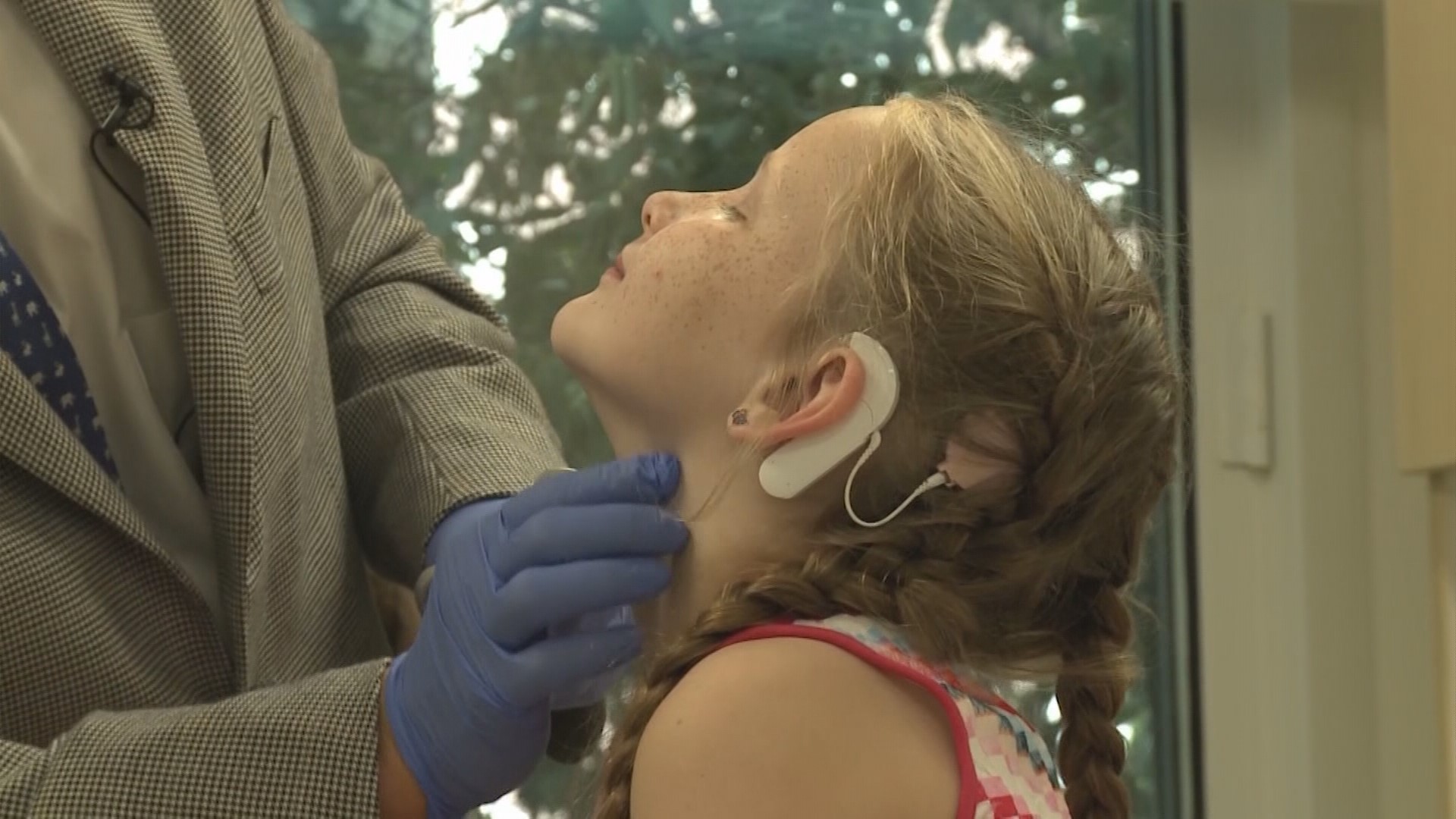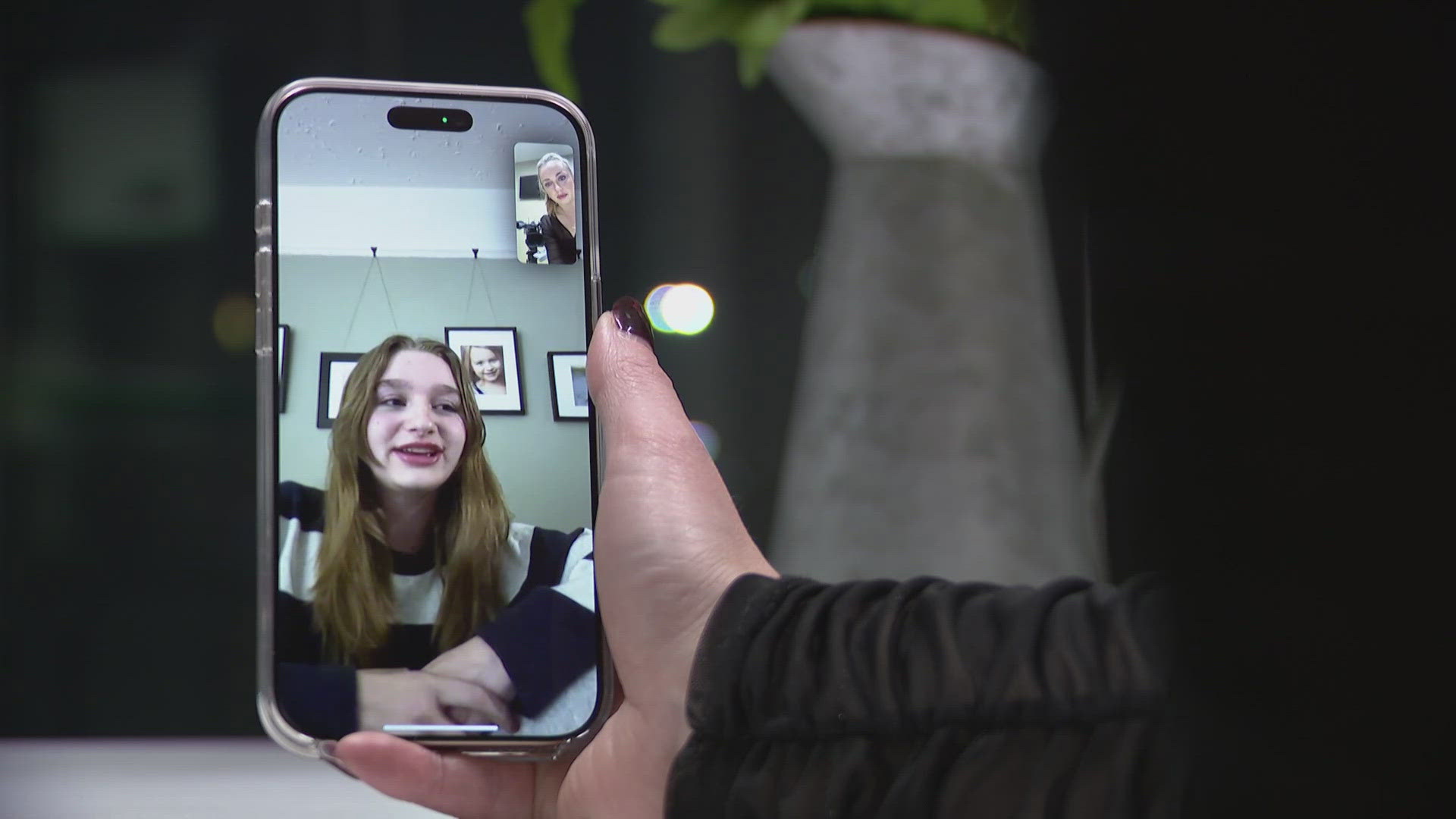Sara Doutre took many precautions when she was pregnant with her daughter Daisy six years ago. Still, she passed on CMV, a virus she'd never even heard of before.
“We found that CMV could cause a progressive hearing loss and while Daisy only had a mild loss in her right ear at that time, we knew it would progress quickly,” said Doutre.
Ten years ago, the University of Utah's Dr. Albert Park started studying CMV and helped develop a diagnostic test.
“We saw that quite a few of these children who previously had no diagnosis, no one knew what the cause of their hearing loss was, we found out that it actually could be attributed to this virus,” explained Dr. Park.
Dr. Park has become a passionate advocate for CMV screening, which must take place within two to three weeks of birth. He teamed up with Doutre and her mom, former Utah state representative Ronda Menlove, to pass a bill mandating CMV screening for babies who fail the newborn hearing test. With that early test, Daisy could have started therapy and an antiviral drug sooner.
“Had we been given that option when she was an infant, we would have taken that option. We would have used the antivirals to help prevent that progression of her hearing loss or prevent hearing loss,” said Doutre.
“I'd love to be at a stage where I don't see kids when they're four or five with progressively worsening hearing loss from Congenital CMV because we have interventions or ways to prevent that from happening,” said Dr. Park.
He now has FDA approval to start a clinical trial of a CMV antiviral to stop hearing loss. He hopes to begin enrollment this winter where it will run in multiple locations with legislation mandating CMV screening for infants who fail the newborn hearing test.
For now, pregnant moms can lower their risk for CMV infection by hand washing frequently and not share straws, utensils, food or drink, since CMV is transmitted through bodily fluids.


